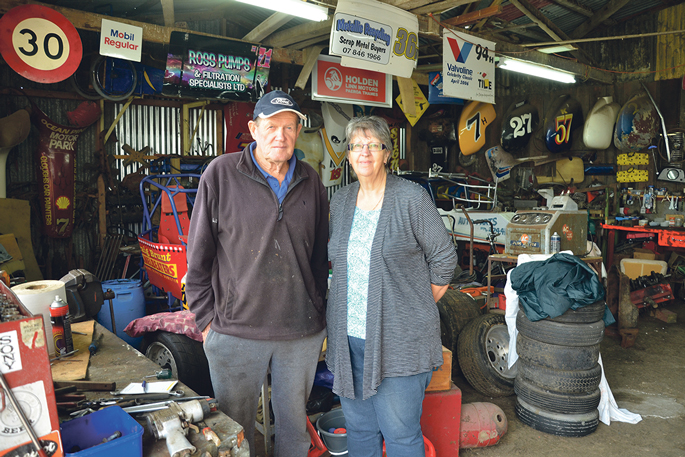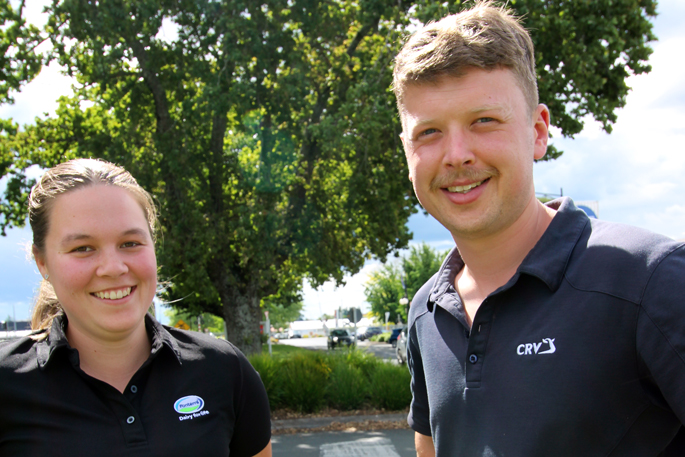The Rare Breeds Conservation Society, which aims to conserve and protect rare breeds of domestic animals, is holding a meeting in Hamilton in November with the aim of forming a Waikato branch. The meeting is being convened by Mairi Jay MacIntyre of Paeroa, who is a member of the New Zealand Rare Breeds Conservation Society. “With encouragement from the committee members of the society, I have arranged for an inaugural meeting to be held on Sunday, November 19 from 2-4.30pm at the GoEco Environment Centre, 18-200 Commerce St, Frankton, Hamilton. “The meeting is open to anyone interested in conserving or breeding rare domestic animals for the future. “The Rare Breeds Conservation Society of New Zealand was formed to conserve, record and promote the survival of rare breeds with the particular aim of maintaining genetic diversity within our livestock species.” Priority is given to breeds which are rare worldwide as well as New Zealand breeds and feral strains which are rare. Breeds such as Clydesdale, Shire and Suffolk Punch horses and Milking Shorthorn, Red Poll and Lincoln Red cows are rare worldwide and New Zealand can provide refuge for such breeds. Genetic diversity There are distinctive New Zealand breeds which are rare as well. But equally important for preserving genetic diversity are a number of feral strains which have survived and evolved in isolation from human interference. Examples include Arapawa and Auckland Island goats, Campbell Island and Enderby Island cattle, Kaimanawa horses, Enderby Island rabbits and Diggers Hill, Clarence Reserve, Hokonui, Raglan and Mohaka goats. Mairi Jay says there are a variety of reasons it is worth holding on to the original breeds or feral strains. “They may be out of fashion in today’s economic world, but they still represent unique ‘genetic packages’ for use again sometime in the future. “Market fashions change. Lean sheep are now favoured over fat, and goats are now valuable to many farmers who used to shoot them as pests. “Rare breeds often retain desirable characteristics that can be included in new, improved breeds of livestock. “Genetic engineering is revolutionising breeding work but it still needs the right genes on which to draw. Colonial history “Rare and unusual breeds provide material for research on the evolution of domestic characteristics. “Feral types illustrate how animals change when they run wild and in New Zealand they illustrate aspects of our colonial history.” As animal breeders have constantly sought to improve their livestock, some of the original breeds have dwindled to low numbers and even died out. In Britain alone more than 20 breeds of farm animals have become extinct since 1900. Worldwide, the rate of loss has been estimated as about one breed per week, so the genetic diversity of livestock is rapidly becoming reduced. A common breed can become rare and then extinct in a very short time unless someone is caring for it. This has happened to sheep, cattle, goats, pigs, poultry and horses. For more information about the Waikato meeting contact Mairi Jay phone 07 974 3730, email mairimacintyre@gmail.com







0 Comments
Leave a Comment